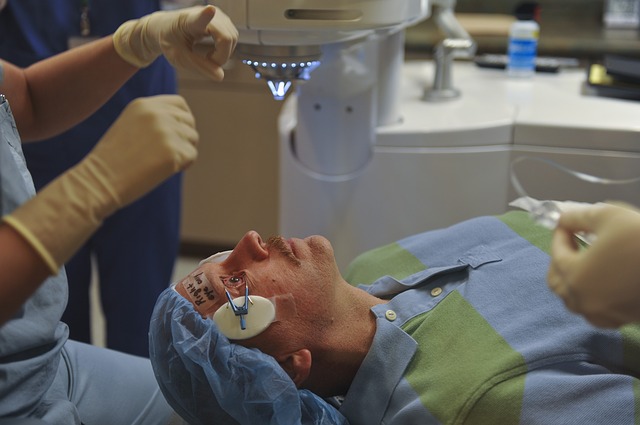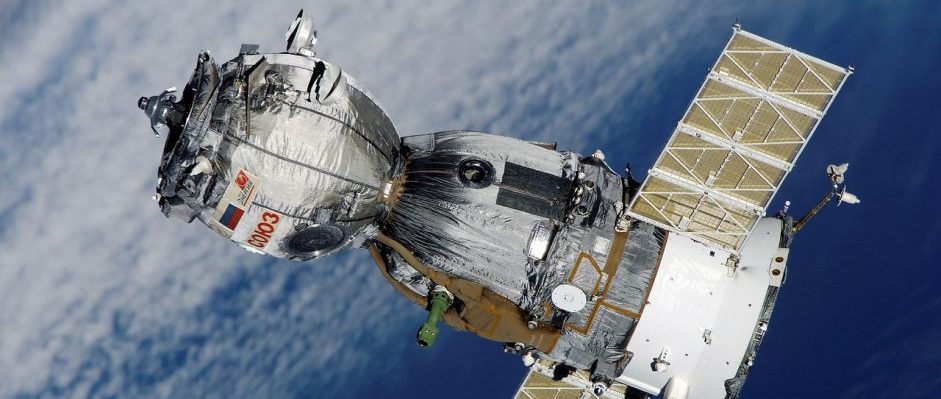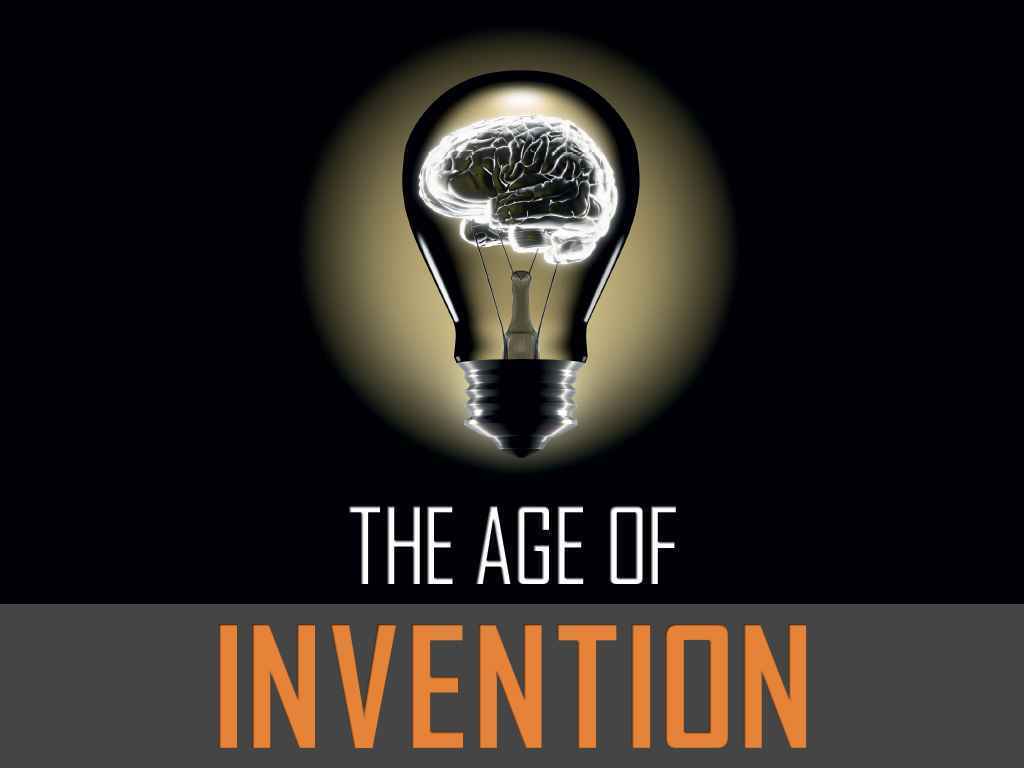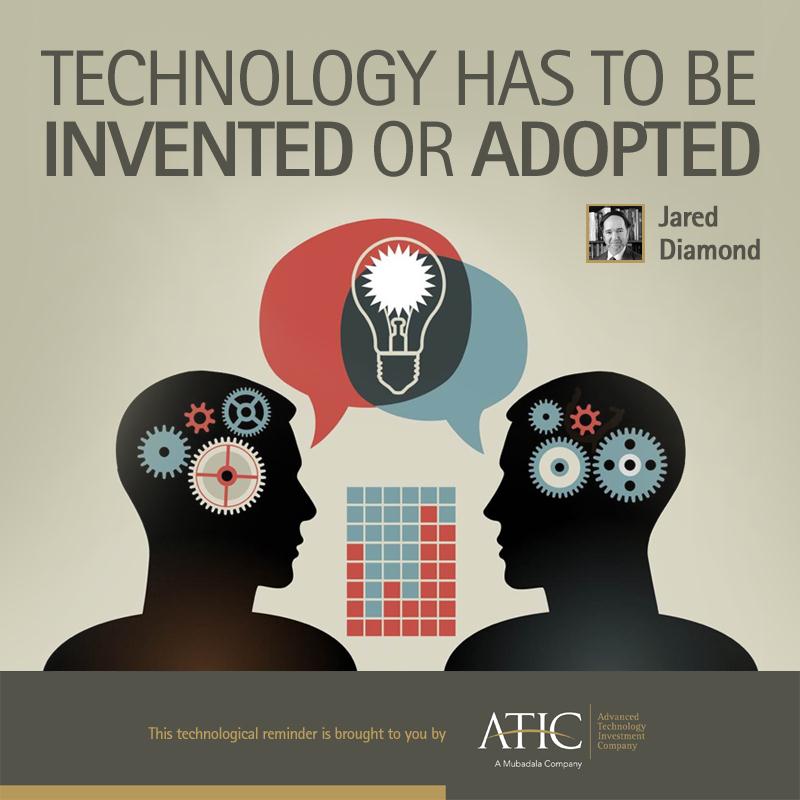The face of healthcare looks exactly like the face of technology. This is because technology has facilitated great developments in the medical field. Patients are attended to faster and better. Their records are well stored and can be accessed anywhere and anytime.
1. The electronic health record. In 2009, only 16 percent of U.S. hospitals were using an EHR. By 2013, about 80 percent of hospitals eligible for CMS’ meaningful use incentives program had incorporated an EHR into their organizations. “For such a long time we had such disparate systems, meaning you had one system that did pharmacy, one did orders, one that did documentation,” says Jeff Sturman, partner at Franklin, Tenn.-based Cumberland Consulting Group. “Integrating these systems into a single platform, or at least a more structured platform, has allowed more integrated and efficient care for patients,” he says.
While the EHR has already created big strides in the centralization and efficiency of patient information, it can also be used as a data and population health tool for the future. “There’s going to be a big cultural shift over the next several years of data-driven medicine,” says Waco Hoover, CEO of the Institute for Health Technology Transformation in New York. “Historically, that hasn’t been a big part of how medicine is practiced. Physicians go to medical school and residencies, but each organization has its own unique ways they do things. That’s one of the reasons we see varied care all over the country. When data is what we’re making decisions off of, that’s going to change and improve outcomes of the consistency of medicine
delivered.”
There are fast lab results, quick care from the emergency room to the operating room. Every doctor attending to a patient has the symptoms on a tablet or pad. Hence there is no room for mistakes and if there is then it is minimized.
Improved Care and Efficiency
Another key area that has grown and continues to do so is patient care. The use of information technology has made patient care safer and more reliable in most applications.
The fact that nurses and doctors who are working on the frontline are now routinely using hand-held computers to record important real-time patient data and then sharing it instantly within their updated medical history is an excellent illustration of the benefits of
health IT.
Being able to accumulate lab results, records of vital signs and other critical patient data into one centralized area has transformed the level of care and efficiency a patient can expect to receive when they enter the healthcare system.
Sourced from: http://healthinformatics.uic.edu/resources/articles/3-ways-technology-has-changed-healthcare/
Doctors can now exchange notes or learn more about a condition thanks to the internet. People can find out what is ailing them while at home. Information is power and it can save lives.
The Internet has become a main source of medical information

According to the Pew Internet and American Life Project, in a 2004 survey of 8 million seniors who use the internet, only 66% said they searched healthcare information online. In 2009 24 million Americans reported the same.
It goes without saying that more and more people are using the Internet to research their medical issues. This means not only looking up symptoms, but exploring treatments and medicines on the web. While it is never a good idea to skip out on the doctor completely, the Internet has made patients more empowered to make decisions about what to do next.
Sourced from: https://www.linkedin.com/pulse/6-ways-technology-improving-healthcare-jerin-varughese-mathew


